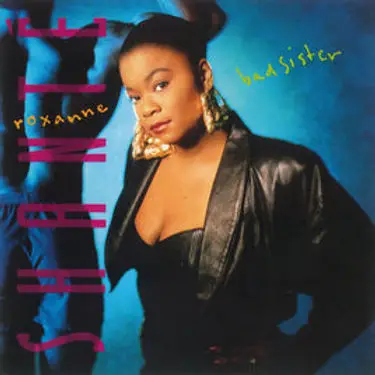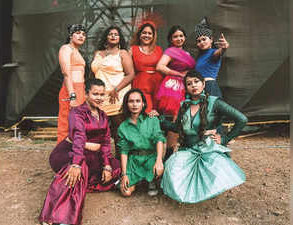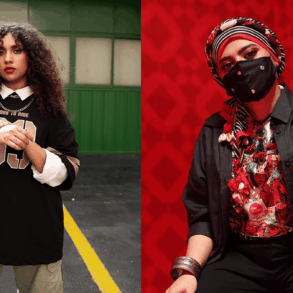The milestone anniversary of one of the most influential and diverse music genres in history is here, as August 11th marked Hip Hop 50. In light of the anniversary, legends ranging back from the ’70s until now have been resurfacing to pay tribute, revisit the past, as well as stake their claim as hip hop luminaries. Today we lay out the history of a hip hop icon who helped shape the genre as one of the first ever female MC’s, the Queen of Queens: Roxanne Shanté.

Lolita Shante Gooden, better known to the world as Roxanne Shanté, was born and raised on the streets of New York City, just like hip hop itself. Coming out of Queens, the spit-fire herself was introduced to the rising genre at an early age and possibly more lucrative was the genre being introduced to her. At eight years old, Shanté discovered her love and talent for spitting rhymes whilst watching the witty celebrity wordsmith Nipsey Russel on TV. What’s more, is that the streets called to her as rhyme was just a sign of the times and battles were the name of the game. After her substantial discovery, the little girl would rhyme all day every day, and by the age of ten years old, Shanté won her first battle, securing a cash prize of $50. From there on, Roxanne battled her way to the top beating out her competition one by one leaving a clearer path for those brave enough to follow. Her confidence, fearlessness, and pure talent all came together, leading her to become one of the most popular and sought after female rappers of her time.
Roxanne’s popularity, however, truly began at 14 with a passing interaction with long time acquaintance Marley Marl – American DJ, record producer, rapper, and so much more. Soon after getting out of her two year stretch at multiple girl’s homes and returning to her mother and sisters, Roxanne was walking up the street in the midst of doing her mother’s laundry when Marley called to her. Hearing that she was the best around, the DJ asked Shanté to rap over a track he was working on. Shanté told him she could only give him seven minutes of her time – the time remaining on her laundry.
Marly Marl, Mr. Magic, and Tyrone Williams, all members of the soon to be hip hop collective, the Juice Crew, had been working on a special track using the original beats from group U.T.F.O.’s hit song “Roxanne, Roxanne,” which tells the story of a woman who rejected the group’s advances time and time again. Marl’s track was always meant to be an answer record as U.T.F.O. backed out of a concert promoted by Mr. Magic and lost him a substantial amount of expected income. As Marl laid down the track, Shanté was free to do her thing, taking on the persona of “Roxanne” and putting every member of U.T.F.O. in their place one after another saying, “He ain’t really cute, he ain’t really great, He don’t even know how to operate.” Every second, every word, and every rhyme was free-styled by that 14 year old talent in seven minutes, making history as one of the first moments a female took to hip hop and forced the male dominated genre as a whole to sit down, listen, and show some respect.


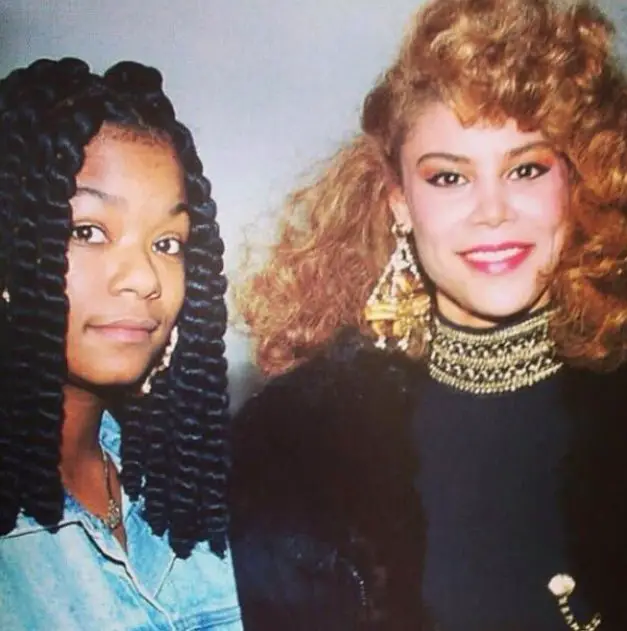

The song was officially named “Roxanne’s Revenge” and became a massive hit selling over a quarter of a million copies in the New York area alone. Not only that, but the track spawned a series of answer-back records, possibly the most in history, numbering well over a hundred as artists and fans received Shanté’s free-style as a challenge, including U.T.F.O. who produced another track along with a law suit. This time, the trio’s response highlighted the female rapper Elease Jack who they deemed “The Real Roxanne.” This third track on the same woman took hip hop into uncharted waters, as in that day in age most answer records ended with a second recording. The controversy and attention was quickly named the “Roxanne Wars” resulting in perhaps the first ever ‘rap beef’ between two artists in hip hop history.
With the song’s success, Lolita was fittingly Roxanne and became an official member of the Juice Crew. Throughout her stretch of tours and live performances with the collective, Roxanne’s battle image and mindset never faded, as Shanté came out with numerous recorded battle tracks including “Round One: Roxanne Shanté vs Sparky Dee” alongside rapper Sparky Dee who not long before released a diss-track about Roxanne herself.
“Even after I started making records, I still had such a battle mentality,” says Shanté. “I didn’t want to be second best, I didn’t want to be the best girl — I wanted to be the best.”
Unfortunately, time and time again the artist faced challenges due to her age and role as a woman in a male dominated career and world. In 1985, Shanté battled it out with Busy Bee Starski for the title of “Best Freestyle Rapper” but lost to Kurtis Blow’s bias admitting his vote went to Starski since Roxanne was a girl.
By the age of 25, with two completed studio albums Bad Sisters and The Bitch Is Back along with over 18 critically acclaimed singles, Shanté had taken a huge step back from the music scene and largely retired from recording. The MC faced physical and sexual abuse on many accounts resulting in hospital visits and the birth of her first son by the time she was sixteen years old. Not only that, but Shanté had been cheated out of money by managers and various others who she believed she could trust the most. These challenges along with the evolving scene of the hip hop industry all led to her hiatus.


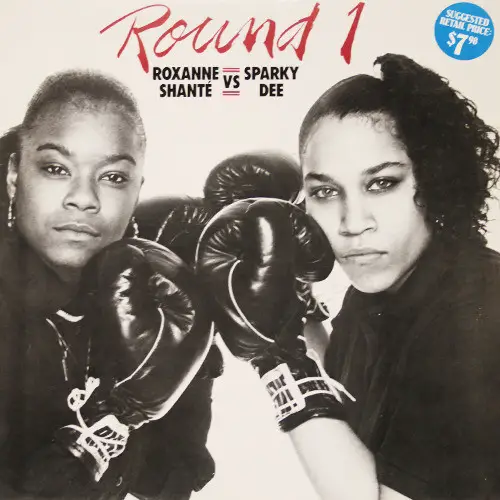

Today, Roxanne is still doing her thing, staying busy, and most importantly staying connected to her roots. Shanté, who now lives in New Jersey, co-leads an education nonprofit, is known to occasionally perform, and has done a series of press events where she comments on hip hop and rap artists of today. Additionally, she hosts Sirius XM’s Have A Nice Day on Rock The Bells Radio along with DJ Cool V where the pair sit down together, crack jokes, and play the music that they love. The rapper also continues to make impressive live appearances as just on July 21st of this summer she participated in DJ Cassidy’s Pass The Mic Live! at the one and only Radio City Music Hall.
For years, Roxanne has gone on to be an unsung hero when it comes to the history of hip hop and its evolution, yet the artist refuses to live in spite, saying, “I’m not the female Hip Hop artist people talk about. I’m not invited to the awards. I’m the person who people would assume would be angry at home. And I’m the total opposite of that. I love life so much. I’m a breast cancer survivor. I know what it’s like to go through lumpectomies, through everything. Life is amazing to me. I enjoy every minute of it.”


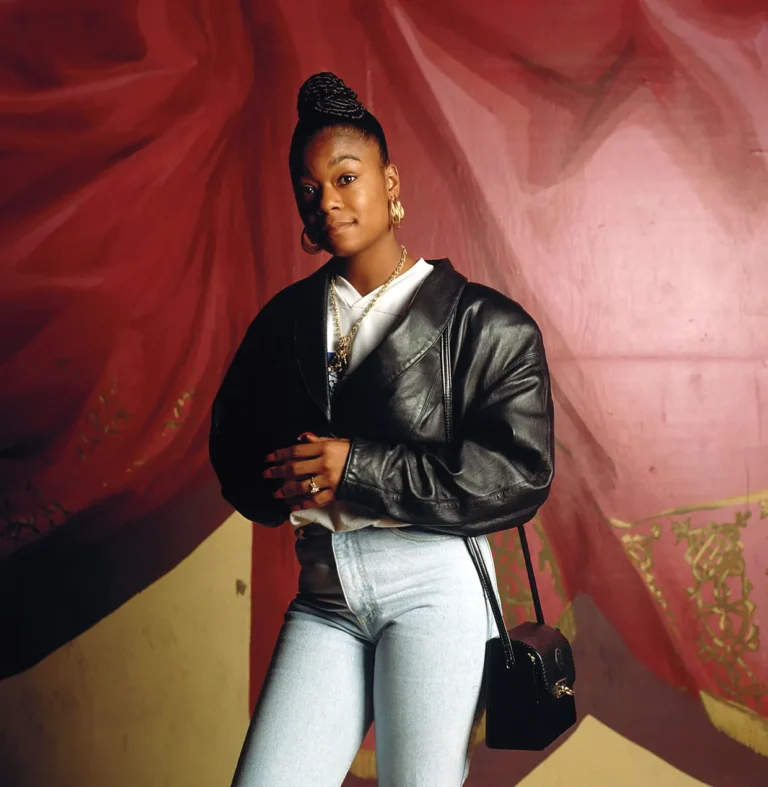

Even though the rapper may not take her lack of recognition to heart, the world of music and the world of hip hop have begun to right its wrongs and give Roxanne the attention she truly deserves. In 2017, Netflix released a biopic named “Roxanne Roxanne” which tells the story of her beginnings in the genre along with the struggles she faced as a woman of color in NYC. The movie not only highlights the hurdles she jumped through and her immense talent but also displays her impact on the genre itself and rappers that have gone on to find their own success because of her. One of these artists is the Grammy Award-winning rapper Nas who credits Roxanne with being the person to first get him to take rap seriously.
“Roxanne Shanté was a young teenage girl who had heart ’cause she would just be out in the projects, hanging, and I would see her,” he explains. “We heard about her and she was a hood star at first. She heard me doing some little rhymes and she was interested, and she was like, ‘Yo, I want you to participate in something. I want you to do some stuff. I want you to work on your craft and when I see you again, have it together.’”
Roxanne’s story, influence on others, and connections with the hip hop world are impossible to write on one page as the artist has history with legends such as Big Daddy Kane, Biz Markie, and Queen Latifah; however, as Roxanne has shown time and time again, she can prove herself to anybody, anyplace, anytime with a beat and a microphone.


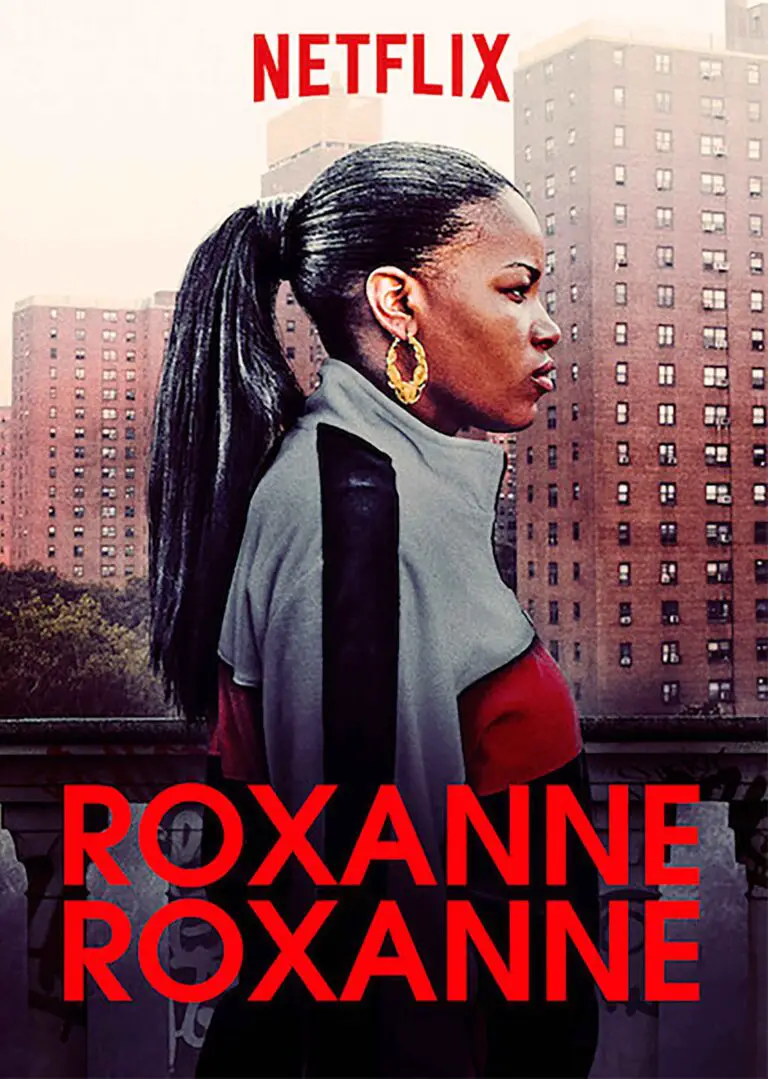

Roxanne is a hip hop icon and deserves to go down in music history appreciated as a true luminary. Not only did she defy odds as a young woman of color on the streets of Queens, the splash Shanté made with her immense talent, street cred, and her seven minutes helped push the entire genre into the mainstream. Hip hop artists today can’t ever fully comprehend their complete history unless they recognize the Queen of Queens: Roxanne Shanté, the blueprint for hip hop MC’s.
This post was originally published on this site be sure to check out more of their content.



